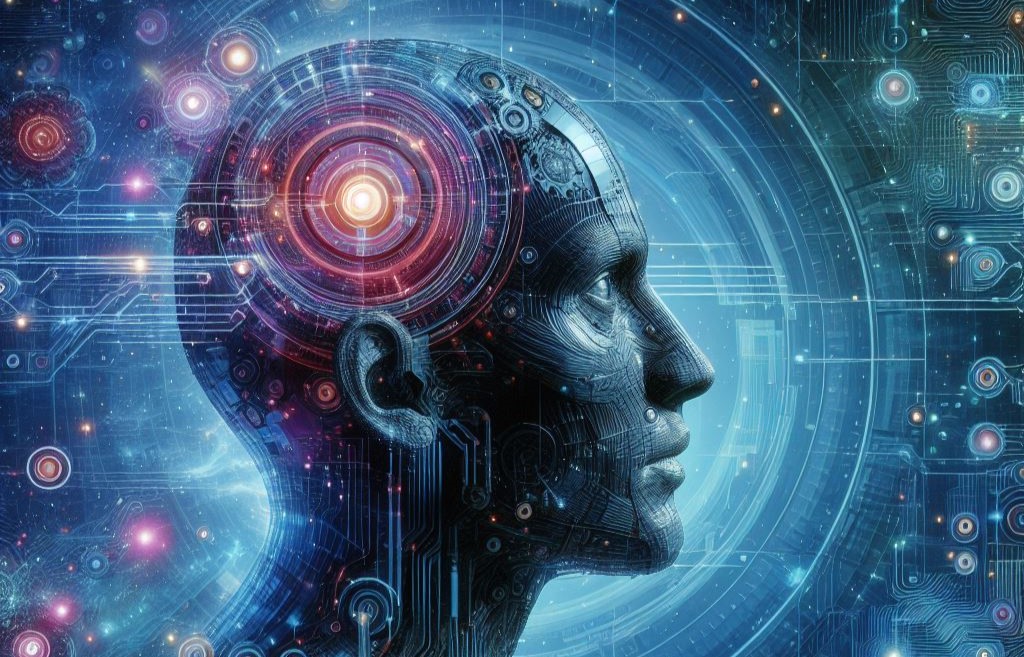Human workers still have one crucial advantage over AI - but you might not be happy to hear what it is
MIT study on AI reveals decades of job security

According to a new study conducted by researchers are the Massachusetts Institute of Technology (MIT) (via SiliconAngle), increasing concern that AI could replace human workers imminently is unwarranted because humans are cheaper to use.
The “Beyond AI Exposure” study, financed by the MIT-IBM Watson AI Lab, delves into the practicalities of implementing AI systems in various industries, focusing gon tasks requiring computer vision skills.
Using generous predictions of AI cost reductions, MIT’s researchers noted that it would still take several years for AI to become a viable option to replace humans, and even then, its extent would be very limited.
AI won’t replace workers for a long time
The report estimates that, even with a high 50% annual cost decrease, it would take until 2026 before 50% of the vision tasks would have a machine economic advantage. The researchers added:
“By 2042 there will still exist tasks that are exposed to computer vision, but where human labor has the advantage.”
In fact, with a much less generous 20% annual cost reduction for AI systems, MIT’s analysis reveals that it would take “decades” before replacing computer vision task human workers with AI would become economically viable.
That’s because the impressive analysis and recognition tasks are only possible thanks to immensely powerful and costly systems.
Sign up to the TechRadar Pro newsletter to get all the top news, opinion, features and guidance your business needs to succeed!
The MIT study also raised artificial intelligence’s reliance on statistical and symbolic reasoning, whereas human intelligence covers a much larger area, including conscious and subconscious thoughts.
Banking, marketing, healthcare, legal, retail, and transportation are all sectors that could significantly benefit from some automation, and a separate Goldman Sachs study revealed that around 18% of the global workforce could be displaced or replaced by generative AI.
However, that same study also offers a far less worrying outlook that “generative AI could raise annual US labor productivity growth by just under 1.5pp over a 10-year period following widespread adoption.” Increased productivity can only be good news, but the long period over which we’re likely to see a small boost is somewhat confidence-inspiring for the future of human jobs.
The scale of AI’s effects on the world are yet to be seen, but thankfully, if these studies are anything to go by, then we can look forward to several more decades of security.
More from TechRadar Pro
- Ready for artificial intelligence? Here are the best AI tools and the best AI writers
- Could AI actually lead to more human jobs at your business?
- We’ve rounded up a list of the best productivity apps
With several years’ experience freelancing in tech and automotive circles, Craig’s specific interests lie in technology that is designed to better our lives, including AI and ML, productivity aids, and smart fitness. He is also passionate about cars and the decarbonisation of personal transportation. As an avid bargain-hunter, you can be sure that any deal Craig finds is top value!
